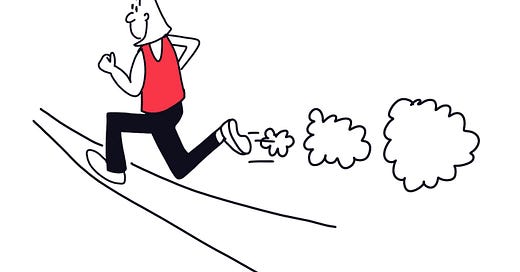Drawing by Tineke Tammes
Have you done this? Said ‘yes’ to something, even though your whole body was screaming ‘no’? Only to regret it for a long time afterward?
Yep.
Feelings are part of your body and have a profound impact on your energy, performance and health. Feelings and emotions are there to protect you. To keep you safe. Your emotions help you to…





